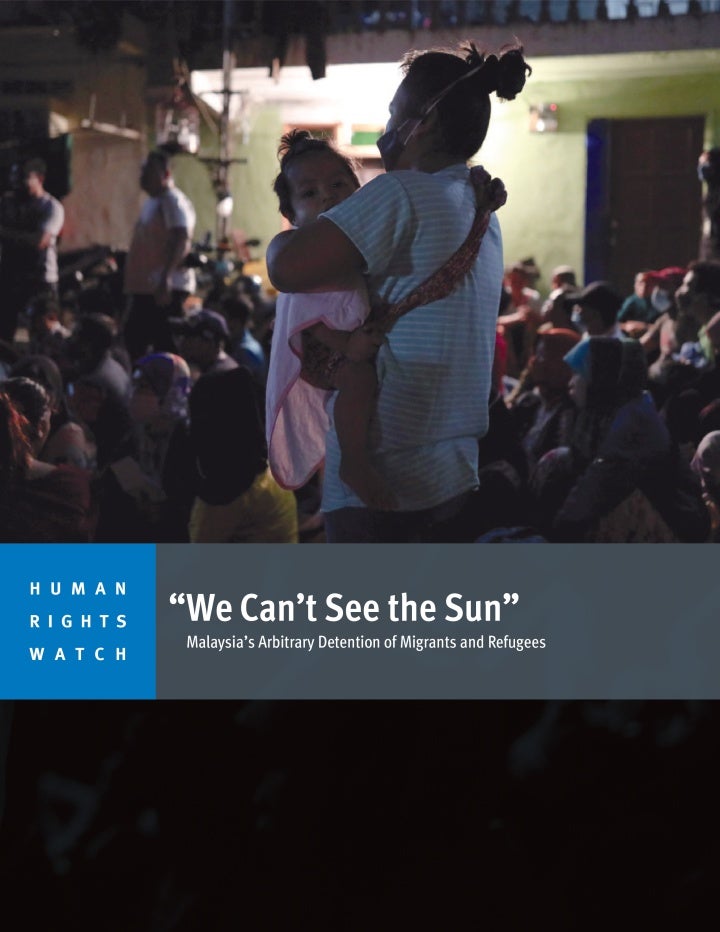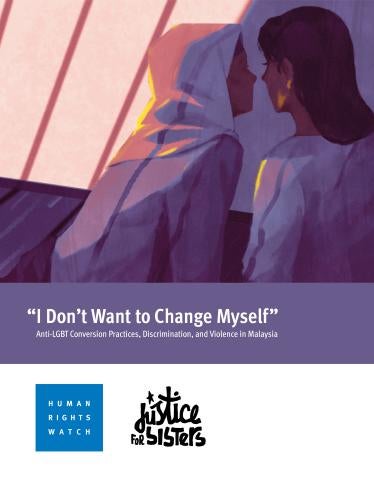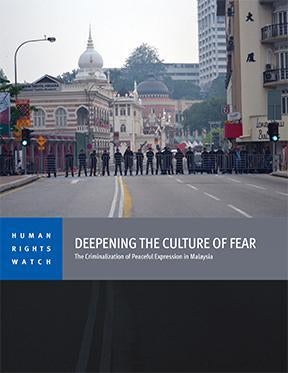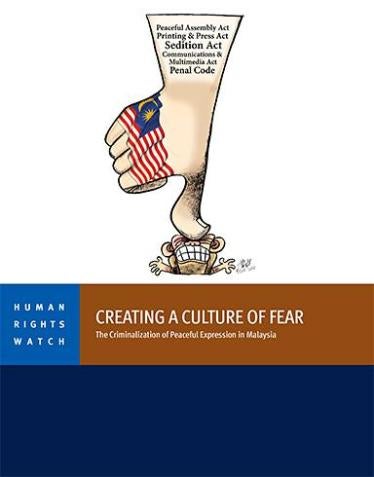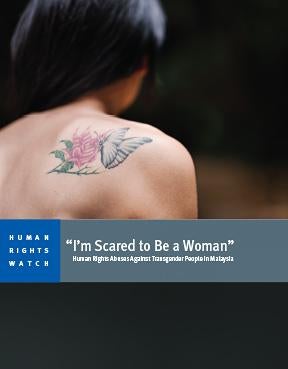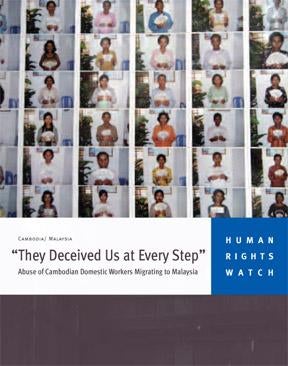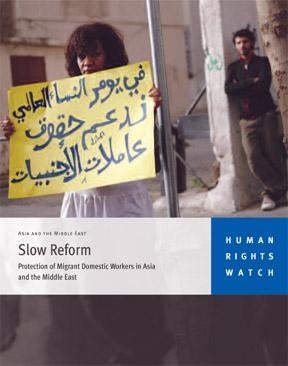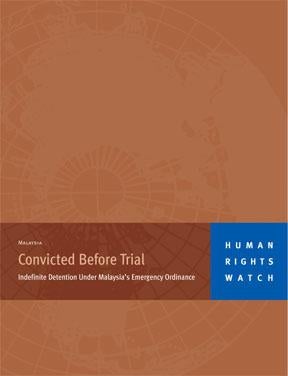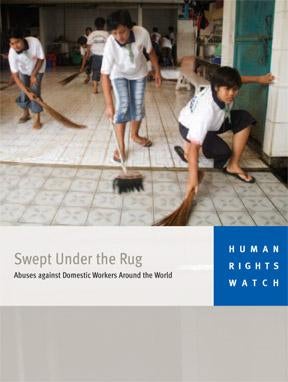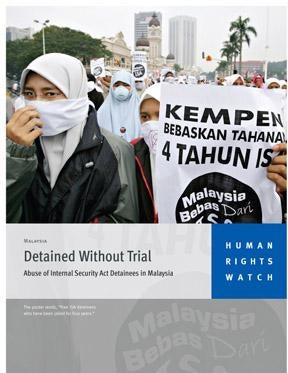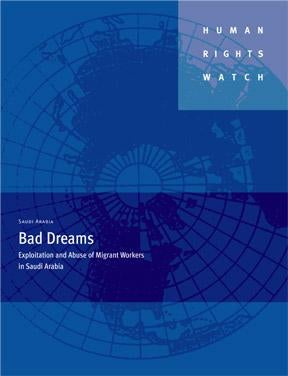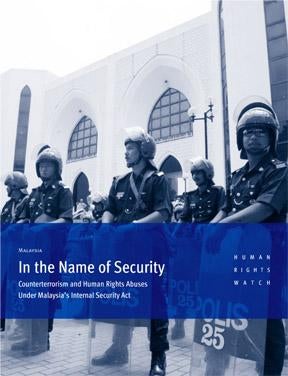“We Can’t See the Sun”
Malaysia’s Arbitrary Detention of Migrants and Refugees
The 60-page report, “‘We Can’t See the Sun’: Malaysia’s Arbitrary Detention of Migrants and Refugees,” documents Malaysian authorities’ punitive and abusive treatment of migrants and refugees in 20 immigration detention centers across the country. Immigration detainees can spend months or years in overcrowded, unhygienic conditions, subject to harassment and violence by guards, without domestic or international monitoring.
